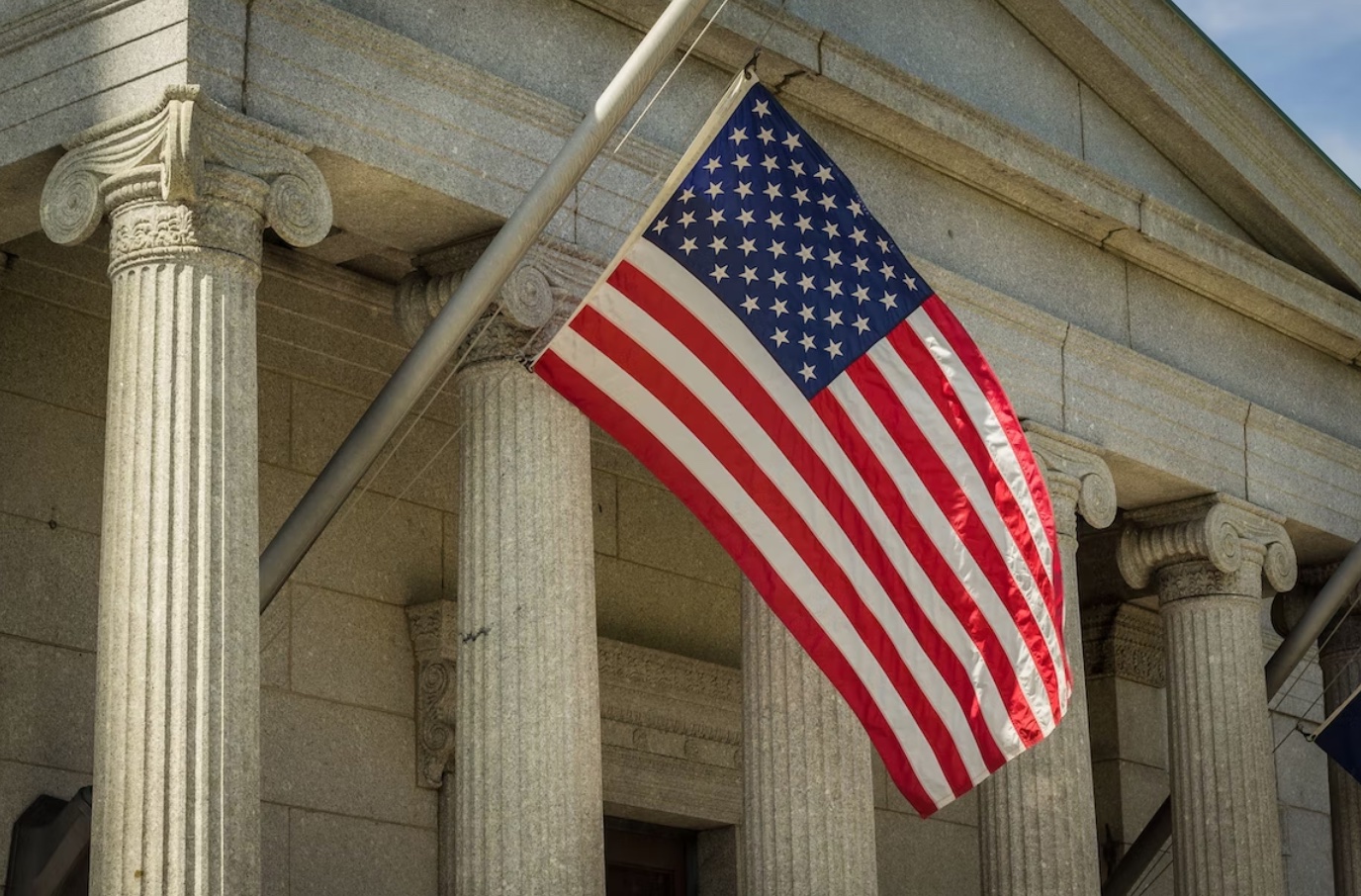Stay informed about the issues, be mindful of the impact of social media, and, above all, uphold respect when discussing legal matters.
The courtroom is a battleground for free speech and respect. While free speech is a cornerstone of democracy, respect ensures fair proceedings. This tension creates a delicate balance that lawyers, judges, and citizens must navigate.
Why is this issue crucial? For lawyers, striking this balance can impact their client’s case. Judges hold the task of maintaining decorum while upholding free speech rights. Citizens, as jurors or spectators, also play a role in this dynamic.
This article explores how free speech and respect can coexist in the courtroom. You’ll learn from real-life examples, gain insights from legal experts, and discover practical tips for maintaining this balance.
Importance of Free Speech
The constitutional right to free speech comes from the First Amendment in the U.S. Constitution. It allows individuals to express opinions without government restraint. This freedom is a building block of any democratic society.
In a democracy, free speech fuels open debate and discussion. The engine drives social change, influences public opinion, and even shapes laws. Without it, the essence of democracy would be at risk.
Free speech has often been pivotal in courtrooms. For instance, landmark cases like “New York Times Co. vs. United States” upheld the press’s right to publish classified information. This case demonstrates how free speech rights can significantly impact justice and societal norms.
The Need for Respect and Decorum
Respect and decorum in the courtroom are traditions and necessities. These principles govern how participants behave, from dress code to language. Their aim is to ensure a dignified setting where justice can be served.
Why is etiquette essential? A courtroom is a place of order and seriousness. It helps judges make fair rulings and lets lawyers focus on their arguments. Without it, the justice system could quickly devolve into chaos.
A lack of respect has disrupted cases. An example would be when lawyers or defendants engage in ad hominem attacks, derailing the focus from facts to personal vendettas. These disruptions can compromise the fairness and integrity of legal proceedings.
Case Examples: The Balance in Action
An imbalanced trial can lead to several adverse outcomes. Unfair verdicts, mistrials, and loss of public trust are just a few. Such imbalance can have long-term effects, tainting the reputation of those involved and the justice system.
The detailed account of the “State of Georgia vs. Denver Fenton Allen” case is a stark example of what can go wrong when the balance between free speech and courtroom decorum is disrupted. The heated, inappropriate exchanges between the judge and Denver Allen derailed the focus from the legal issues at hand to a spectacle of misconduct. This disruption shows how easily the scales can tip, leading to compromised integrity and public trust in the justice system.
The case had a ripple effect, impacting the judge, defendant, public defenders, court reporters, and ultimately, the public’s perception of courtroom proceedings. It is a lesson on the importance of maintaining respect and decorum. When this balance is overlooked, it can lead to unnecessary complications, potentially affecting the outcome of a case.
The Role of Judges
Judges are pivotal in balancing free speech and maintaining respect in the courtroom. They are the moderator, ensuring all voices are heard while within the bounds of decorum, with the ultimate goal of reaching fair, unbiased judgments.
Judges have several tools to enforce this balance. One of the most well-known is the power to charge individuals with contempt of court. This charge can apply to anyone who disrupts proceedings or disrespects the court, effectively acting as a deterrent against inappropriate behavior.
The judge also holds the responsibility of setting the tone for the courtroom. From the moment they enter, their demeanor, language, and actions influence how others behave. By fostering an environment of respect and solemnity, judges help ensure the focus remains on justice rather than theatrics or disruptions.
Implications for Lawyers
Lawyers are also crucial in balancing free speech and respect in the courtroom. They are the most vocal participants, presenting arguments, questioning witnesses, and interacting with the judge and jury. Because of this, their behavior sets an example for others to follow.
To uphold both values, lawyers should prepare thoroughly for each case and stick to the issues at hand. Staying focused helps maintain a respectful tone. Moreover, it’s essential to listen actively to others, including opposing counsel and the judge, responding thoughtfully rather than reactively. Always remembering to address the court and others formally helps preserve the decorum of the setting.
Failure to maintain this balance can have significant repercussions. A lack of respect can cause delays, mistrials, or even contempt of court charges. Conversely, stifling free speech could lead to incomplete arguments and an unfair trial. Both extremes compromise the integrity of the justice system and can impact a lawyer’s reputation and effectiveness.
Public Opinion and Social Media

Public opinion and social media increasingly influence the courtroom dynamics of free speech and respect. When a case attracts public attention, statements and behaviors inside the courtroom are often scrutinized online. It can create external pressures that may sway courtroom participants to act in ways they otherwise wouldn’t.
Social media narratives can also influence courtroom behavior. For example, a viral video or tweet could stir public sentiment, putting pressure on lawyers and judges to uphold or counteract these viewpoints. It poses a challenge as they must navigate public opinion while maintaining impartiality and respect for the judicial process.
The public has a responsibility in this balance, too. It’s important to remember that courtroom proceedings are complex and nuanced. Quick judgments based on snippets of information can disrupt the delicate equilibrium of free speech and respect. By approaching high-profile cases with a discerning view, the public can help foster a judicial environment where justice is the primary focus, not social media buzz.
Finding the Right Balance
Balancing free speech and respect in the courtroom is crucial for preserving the integrity of the justice system. This balance ensures that everyone, including judges, lawyers, and citizens, can participate in a fair and respectful environment. When this equilibrium is upheld, it aids in reaching just, unbiased outcomes.
So, take action. Stay informed about the issues, be mindful of the impact of social media, and, above all, uphold respect when discussing legal matters. Remember, the court is a pillar of democracy that affects all people. Do your part to keep it balanced and dignified.


Join the conversation!